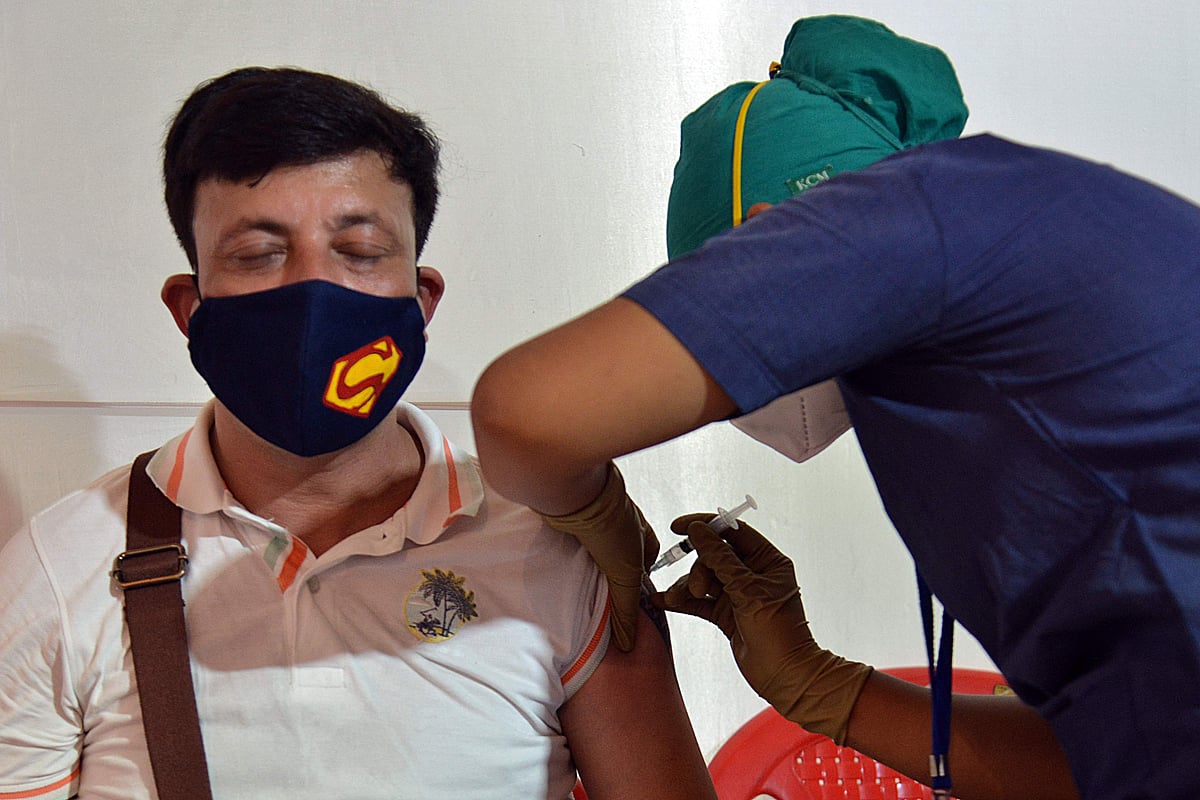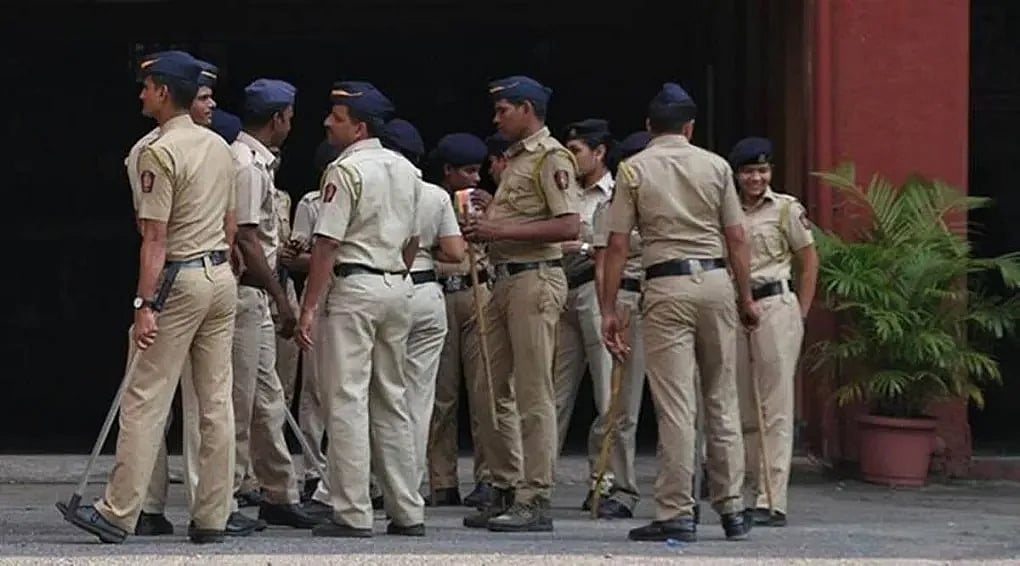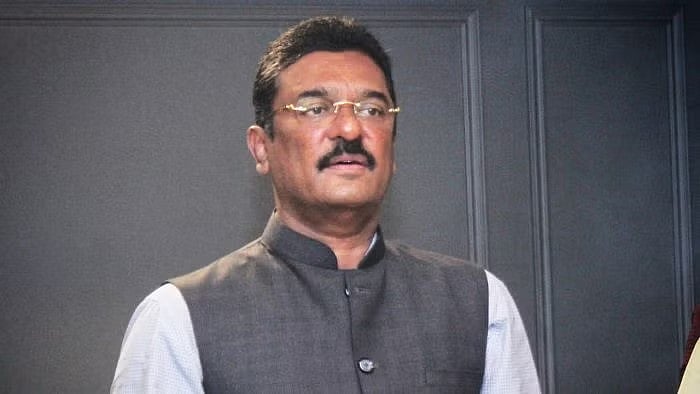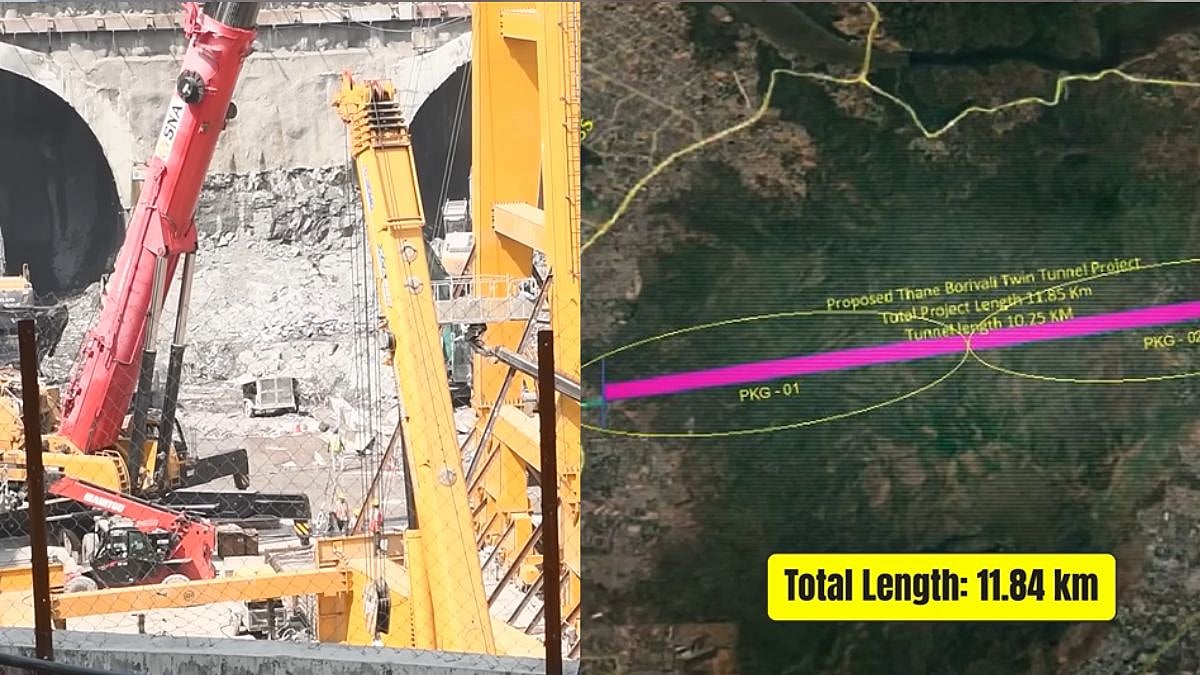The much-talked about Mumbai Model to deal with COVID-19 is a paradox. While we must certainly emulate best practices, one must always be wary of something now being prescribed as a ‘panacea’. To begin with, the Mumbai Model doesn't work in the rest of Maharashtra. Why the rest of Maharashtra, it doesn’t even work in the far reaches of the Mumbai Metropolitan Region. The fact is, Mumbai’s healthcare system was always broken. Even in pre-pandemic times, it didn’t function the way it should have been functioning.
1. LACK OF PRIMARY HEALTH CARE
There is no primary healthcare system. Primary Health Centres, or PHCs, only exist on paper and are largely un-operational -- with almost zilch people going to these PHCs for common ailments. Mumbai does have an excellent set of tertiary hospitals like KEM, Nair, RN Cooper, and Sion; and peripheral hospitals like Rajawadi, Bhagwati, etc. In the absence of a functional primary healthcare system, these hospitals are the go-to place for anything and everything, for people in Mumbai. This leads to overcrowding and excessive pressure on these facilities, driving the medical staff to immense physical and emotional stress, and severely diluting the quality of care provided to patients. Moreover, the capacities of peripheral hospitals like Bhagwati and Rajawadi haven’t been augmented in a very long time.
This is far from the ideal state of affairs for a megapolis like Mumbai, where a vast majority of its population still opts for private healthcare rather than municipal healthcare systems -- a trend starkly in contrast with what one would expect from developing countries like India.
2. LACK OF TRANSPARENCY
The BMC came up with a dashboard for monitoring bed facilities across both Covid and non-Covid hospitals. The dashboard gave a granular count of beds available at any point of time, along with the category of beds vis-a-vis ventilator ICUs, non-ventilator ICUs, positive oxygen beds, positive non-oxygen beds and quarantine beds for suspect cases. To begin with, such a tool was not available to the public, and then, when the link was leaked and became viral in WhatsApp groups, the BMC ended up shutting down the link -- denying people access to this information. This is in stark contrast with Delhi, where despite the situation, the dashboard has been available to the public since the start of the pandemic.
It is extremely important that the government informs the general public about the situation as regards to bed availability. The right information is as important in the pandemic as fighting the virus itself.
3. FAILURES OF DECENTRALIZATION
Despite the decentralization of war rooms to a ward level, at the peak of the second wave, patients and relatives were facing immense difficulties getting beds for extended periods of time. This was only resolved through interventions of politicians/elected representatives, and some connections with the BMC/Maharashtra Government administration. Hence, the access to facilities depended on whether the patient’s family had any personal contacts in politics or at hospitals, making the provision of healthcare fundamentally exclusionary for common citizens.
This is further augmented by the fact that the best private health facilities in Mumbai are disproportionately present in the city district wards, often leaving suburban wards under-equipped to handle their caseload.
4. DENSITY OF URBANIZATION
What has worked for Mumbai is Maharashtra being an industrial state, with industries existing in and around the MMR. Thus, medical supply chains, as well as oxygen, were readily available to be mobilized. Along with such a high rate of urbanization, there is excellent private infrastructure available, which could handle the brunt of state capacities being overwhelmed during the peak of the crisis.
There is no question that Mumbai is the financial capital of the country, is equipped with the richest municipal corporation, and also the most resource-rich private hospitals in the country. Hence, to suggest the Mumbai model as the gold standard for Covid-19 management is highly unreasonable. All in all, Mumbai got lucky. While things were bad, they could have certainly been worse. Make no mistake, it is not our case that the BMC staff and workers have been lackadaisical. As a matter of fact, the pandemic has stretched the system to its limits and we understand this. But to take credit for a broken system, and to proclaim it from the rooftop as a golden standard, is problematic. Moreover, such an attitude may introduce complacency into the administration for the preparations of the third wave. We need to get the basics right when it comes to healthcare resilience and infrastructure, before we start identifying a system as perfect, and contemplating a one-size-fits-all policy suggestion.
(Ruben Mascarenhas is National Joint Secretary of the Aam Aadmi Party, and Ratnabh Mukerjei is Policy and Communications Coordinator of the Aam Aadmi Party)
Re-examining the Mumbai model for COVID-19
Ruben Mascarenhas Ratnabh MukerjeiUpdated: Saturday, June 05, 2021, 03:44 PM IST

Photo Credit: AFP
RECENT STORIES
Mumbai Police Receives Threat Call About Terrorist Attack at Naval Dock; Caller Taken Into Custody

Thane: Social Media Influencer Arrested For Duping Woman Of ₹93 Lakh; Police Seize 1.25 kg Gold,...

Maharashtra State Transport Corporation To Roll Out 800–1,000 New Buses For School & College...

Attention Commuters! Major Traffic Changes Announced For Six Months As Thane-Borivali Tunnel Work...

Mumbai News: Police Crack Down On Illegal Hawkers, Rickshaw Drivers In Dombivli East

